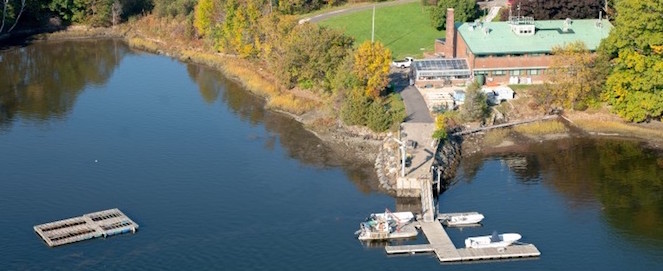
Jackson Estuarine Laboratory
Recovering Salt Marsh Ecosystem Services through Tidal Restoration
Abstract
Some would maintain that conservation and restoration activities are justified on ethical grounds alone (see review by Brennan and Lo 2008). However, demonstration of the economic benefit of ecosystems can help drive social and governmental support for conservation; and restoration and economic limitations could force choices among restoration activities. To aid decision making we need to estimate the values that restored ecosystems will provide for society. But defining these values remains a significant challenge, particularly within the context of restoration in which functions have been impaired and may contribute only incremental services over the varying course of the restoration process. Nonetheless, wetlands have direct and indirect economic value to local communities, and they provide services that benefit society as a whole. The term “ecosystem services” encompasses benefits that have direct economic value and those that have indirect public benefits. Evaluating and quantifying ecosystem services is a challenge regardless of the system status: natural, disturbed, or in various stages of restoration.
Publication Date
1-1-2012
Journal Title
Tidal Marsh Restoration: The Science and Practice of Ecological Restoration
Publisher
Springer
Digital Object Identifier (DOI)
Document Type
Book Chapter
Recommended Citation
Chmura G.L., Burdick D.M., Moore G.E. (2012) Recovering Salt Marsh Ecosystem Services through Tidal Restoration. In: Roman C.T., Burdick D.M. (eds) Tidal Marsh Restoration. The Science and Practice of Ecological Restoration. Island Press, Washington, DC.
